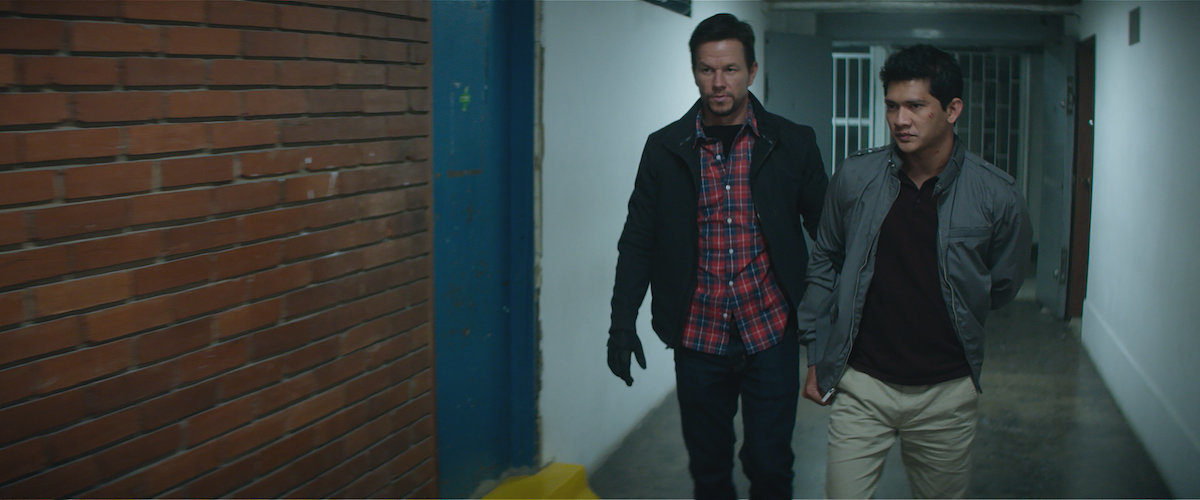
Directed by: Chris Weitz
Starring: Oscar Isaac, Ben Kingsley, Nick Kroll, Melanie Laurent, Joe Alwyn, Haley Lu Richardson
It is baffling how the story of the capture and bringing to justice of one of the most notorious of all Nazis, Adolph Eichmann, has so little juice. There is only sporadic suspense, with very good Isaac and Kingsley performances which can only elevate things so much. You would expect Operation Finale to crackle with suspense, but it moves too slowly to generate anything more than occasional glimpses of what it could've been.
Adolph Eichmann (Kingsley) was considered the "architect of the final solution" and fled Germany following World War II to escape justice. He takes up residence in Argentina, which is seemingly sympathetic to Nazi war criminals on the run. Eichmann lives a quiet, unassuming life with his family under a false name as a machinist, but his identity is revealed to the Israeli government through his son's girlfriend. She dates Eichmann's fanatical son Will (Alwyn), who is more than eager to lead the next generation of Nazis. One of his first dates with his girl is to a dinner party which soon morphs into an anti-Semitic rally. Memo to Will: Don't take a girl you barely know to a Nazi sympathizers' rally.
The tricky extraction of Eichmann from Argentina circa 1961 is led by Mossad agent Peter Malkin (Isaac). Snatching Eichmann when he disembarks the bus near his remote home outside Buenos Aires is relatively simple. Keeping Eichmann holed up in a safe house due to travel complications is more difficult, as is somehow convincing Eichmann to sign a paper in which he submits to a trial in Israel for his crimes. There is an argument over simply forging Eichmann's signature to the document, but the reasons Mossad can't are unconvincing. This plot point is pushed aside so we can have a showdown between Peter and Eichmann, which is supposed to be the high dramatic point of the movie.
It's tough to nail down Eichmann. At times, he is the cruel Nazi bureaucrat who delighted in the deaths of millions of Jews. Other times, he is a loving man concerned about his family's safety. Other times, he seems sympathetic to Peter and the loss of his sister and her children to the Holocaust machine. Other times, he insists he knew nothing about the atrocities personally and was just following orders. Kingsley is naturally game at playing Eichmann in all of these ways, but we never gain any sense of Eichmann. We don't feel we get to know him and what drove him, which is maddening. Peter is much more level-headed and opens up slowly to Eichmann, not because Eichmann can play mind games, but because he feels it is the best way to compel Eichmann to essentially sign his own death warrant.
The one-on-one showdowns between Peter and Eichmann, like the rest of Operation Finale, never rise above being well-acted but lacking power. As the Israelis attempt to flee the country with Eichmann in tow, there is a delay at the airport which tries to manufacture suspense but fails. I kept thinking how Argo (2012) encountered the same issues and was able to do this type of sequence a whole lot better. The capture and trial of Eichmann was world news. Millions watched Eichmann's trial on television, and perhaps Operation Finale might've been better served by focusing its attentions on the trial itself instead of the laborious undertaking to get to that point. We would not have experienced Isaac vs. Kingsley in the safe house, but I can live with that.






